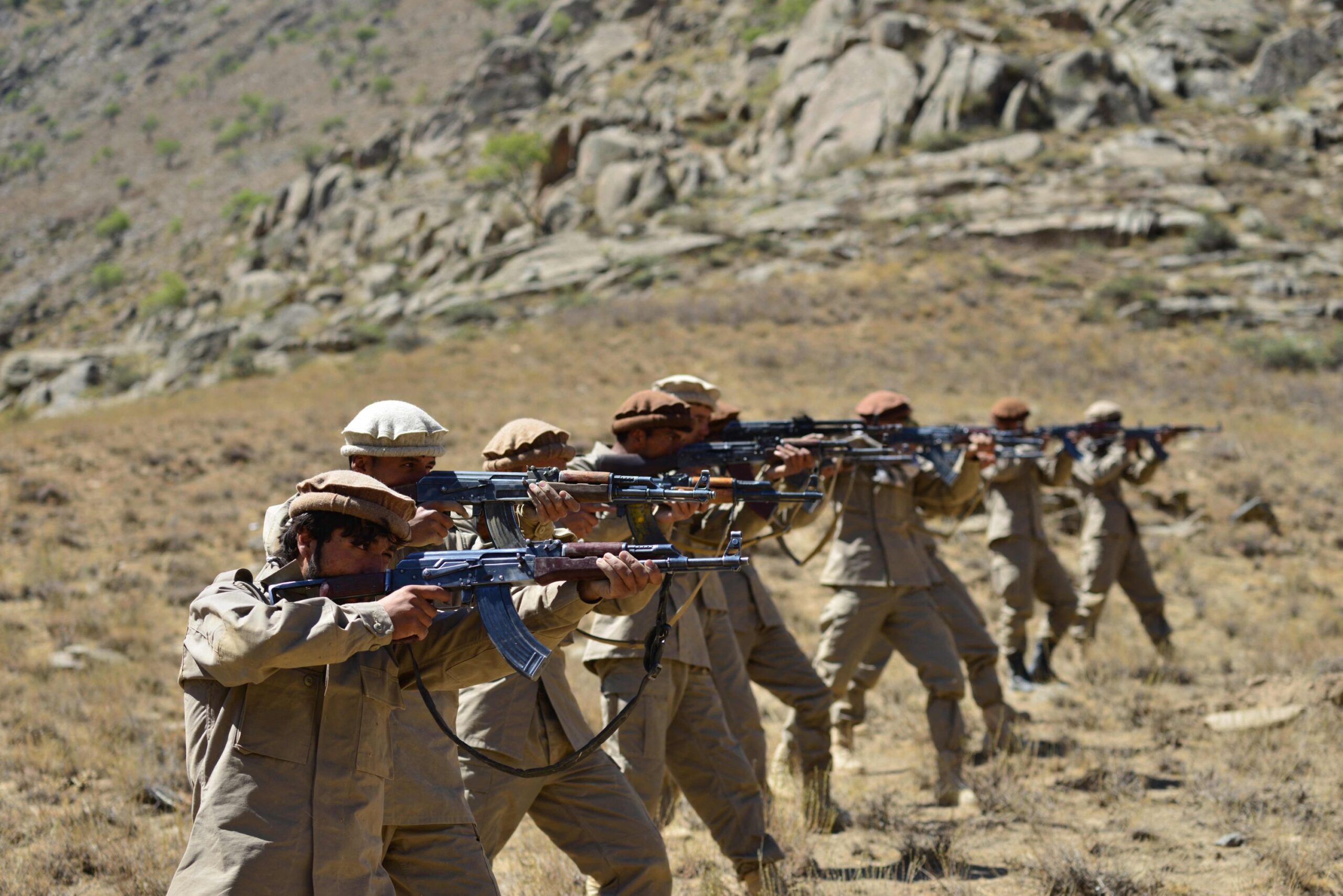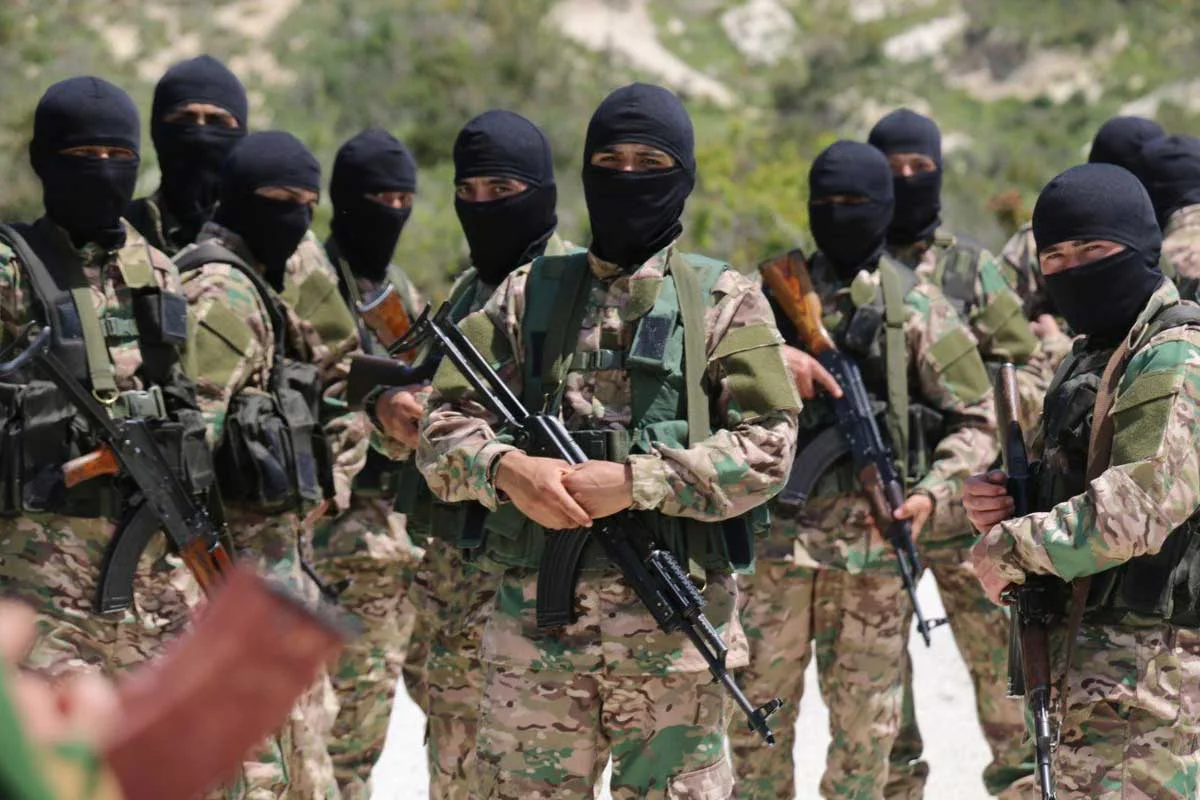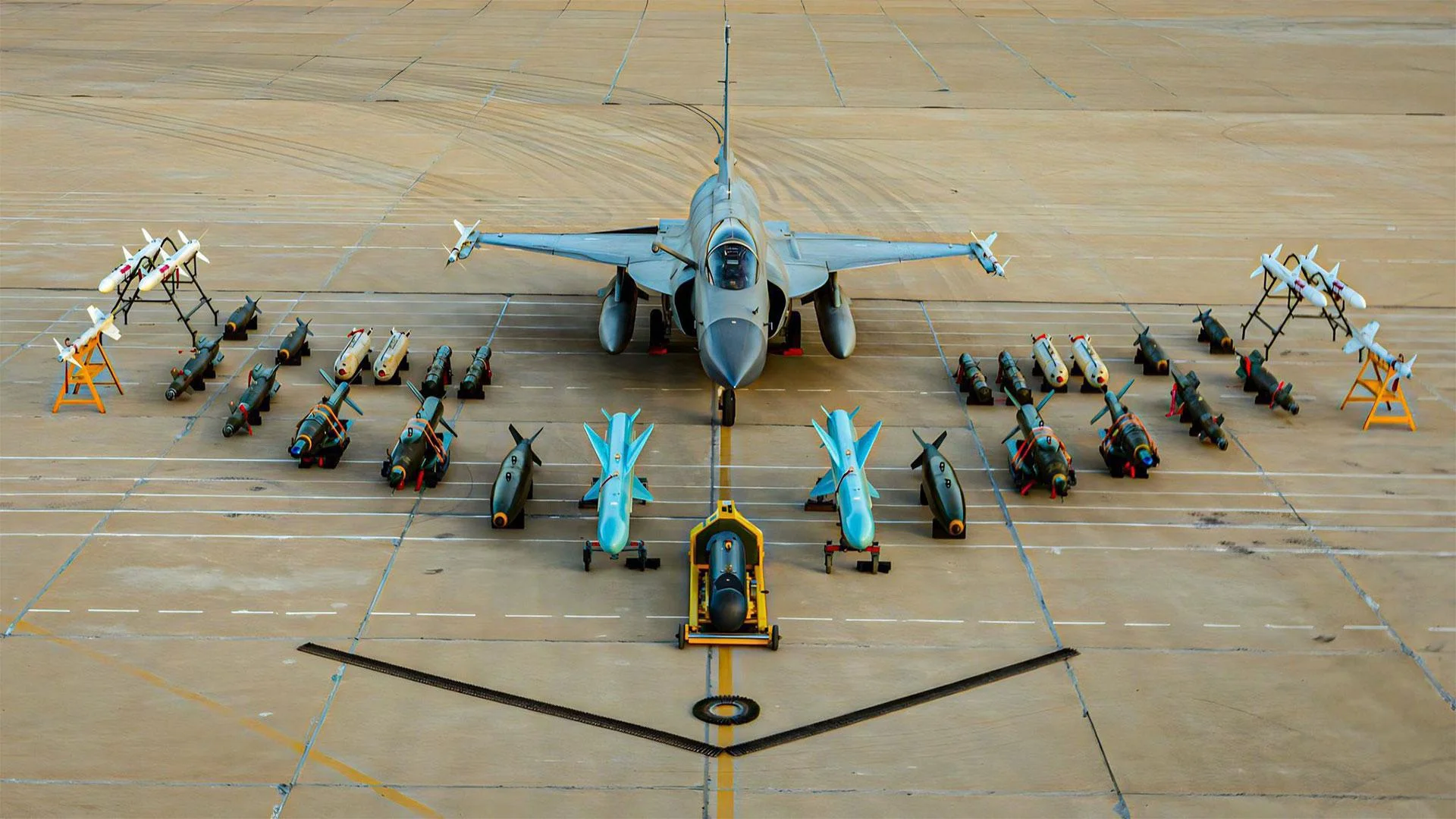Foreign Minister Ishaq Dar held his first official phone call with US Secretary of State Marco Rubio on Monday, discussing bilateral ties, economic cooperation, and regional security, according to a statement from Foreign Office.
The call marked the first direct communication between the two leaders since Rubio assumed his role as America’s top diplomat.
“During the call, Dar reiterated Pakistan’s commitment to strengthening its partnership with the United States,” the statement said. Dar emphasised increased cooperation in areas such as trade, investment, and counterterrorism.
Rubio, in turn, expressed the United States’ desire to expand economic engagement, particularly in sectors like critical minerals. “He said that cooperation in economy and trade would be the hallmark of future relations between the two countries,” the Foreign Office noted.
Also See: The Afghanistan Crisis: Pakistan’s Unpaid Bill for a War It Didn’t Start
The conversation also touched on counterterrorism. Dar highlighted Pakistan’s efforts between 2013 and 2018, which Rubio acknowledged with appreciation, while reaffirming the US commitment to enhancing counterterrorism cooperation.
The two officials also addressed the situation in Afghanistan, agreeing on the need to resolve the issue of US military equipment left behind after the American withdrawal in 2021.
“DPM/FM Dar and Secretary of State Rubio agreed to remain in close contact and to work together to advance the shared interests of both countries,” the statement concluded.
This news is sourced from The Express Tribune and is intended for informational purposes only.

![Foreign Minister Ishaq Dar and US Secretary of State Marco Rubio discuss bilateral ties, economic cooperation, and security. [Image via The Express Tribune]](https://southasiatimes.org/wp-content/uploads/2025/04/ko1744045015-0.webp)




